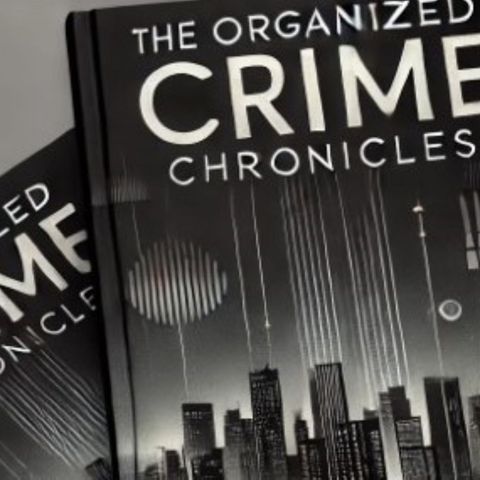The Opinion And Order Denying El Chapo's Appeal (Part 1) (8/2/24)

Sign up for free
Listen to this episode and many more. Enjoy the best podcasts on Spreaker!
Download and listen anywhere
Download your favorite episodes and enjoy them, wherever you are! Sign up or log in now to access offline listening.
The Opinion And Order Denying El Chapo's Appeal (Part 1) (8/2/24)
This is an automatically generated transcript. Please note that complete accuracy is not guaranteed.
Description
Case Overview: Joaquin Guzman, also known as "El Chapo," appealed his convictions on multiple charges, including engaging in a continuing criminal enterprise and other drug-related offenses. Guzman raised several issues...
show moreJoaquin Guzman, also known as "El Chapo," appealed his convictions on multiple charges, including engaging in a continuing criminal enterprise and other drug-related offenses. Guzman raised several issues on appeal, challenging the fairness of his trial and the legality of his convictions.
Key Points of the Opinion:
- Pretrial Publicity and Jury Impartiality:
- Guzman argued that the extensive pretrial publicity surrounding his case made it impossible to empanel an impartial jury.
- The court found that the trial judge took appropriate measures to ensure jury impartiality, including a thorough voir dire process and instructions to the jury to avoid media coverage.
- Confinement Conditions:
- Guzman contended that his pretrial confinement conditions were excessively harsh and violated his rights.
- The court held that the confinement conditions, while strict, were justified due to Guzman's history of prison escapes and the government's need to ensure security.
- Evidentiary Rulings:
- Guzman challenged several evidentiary rulings made by the trial court, claiming they were prejudicial.
- The appellate court reviewed these rulings and found no abuse of discretion by the trial judge. The evidence was deemed relevant and its probative value outweighed any prejudicial effect.
- Juror Misconduct:
- Guzman alleged juror misconduct, citing claims that jurors had read media reports about the case during the trial.
- The court found no credible evidence of juror misconduct that would warrant a new trial. The trial judge's instructions to the jury and the lack of verified incidents supported this conclusion.
- Sufficiency of the Evidence:
- Guzman argued that the evidence presented at trial was insufficient to support his convictions.
- The court concluded that the evidence, including testimony from numerous cooperating witnesses and physical evidence, was more than sufficient to support the jury's verdicts.
- Sentencing:
- Guzman also challenged his sentence as being excessively harsh.
- The appellate court affirmed the trial court's sentencing decision, noting the severity of Guzman's crimes and the extensive harm caused by his criminal enterprise.
(commercial at 7:42)
to contact me:
bobbycapucci@protonmail.com
source:
USCOURTS-ca2-19-02239-0.pdf (govinfo.gov)
Information
| Author | Bobby Capucci |
| Organization | Bobby Capucci |
| Website | - |
| Tags |
Copyright 2024 - Spreaker Inc. an iHeartMedia Company
